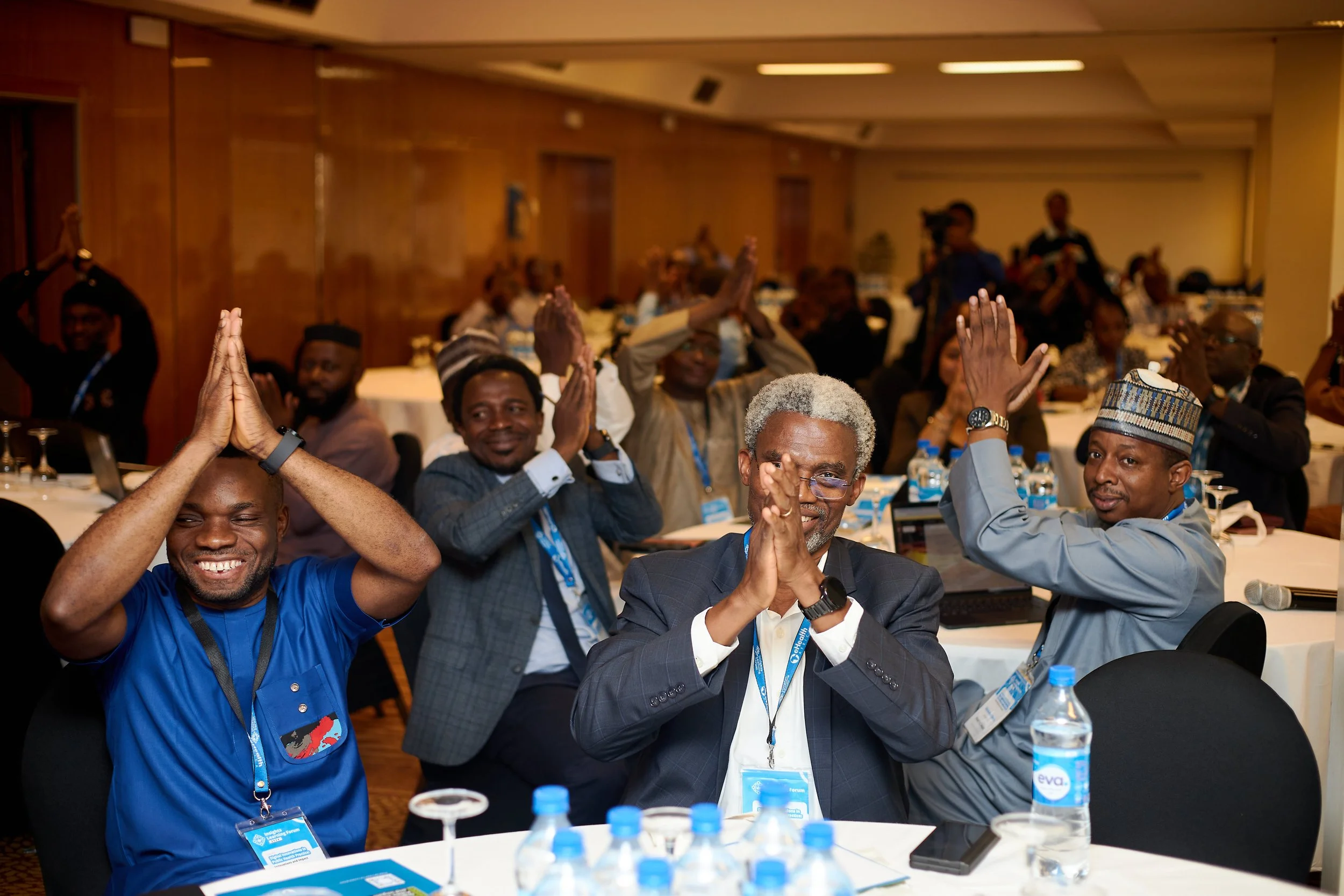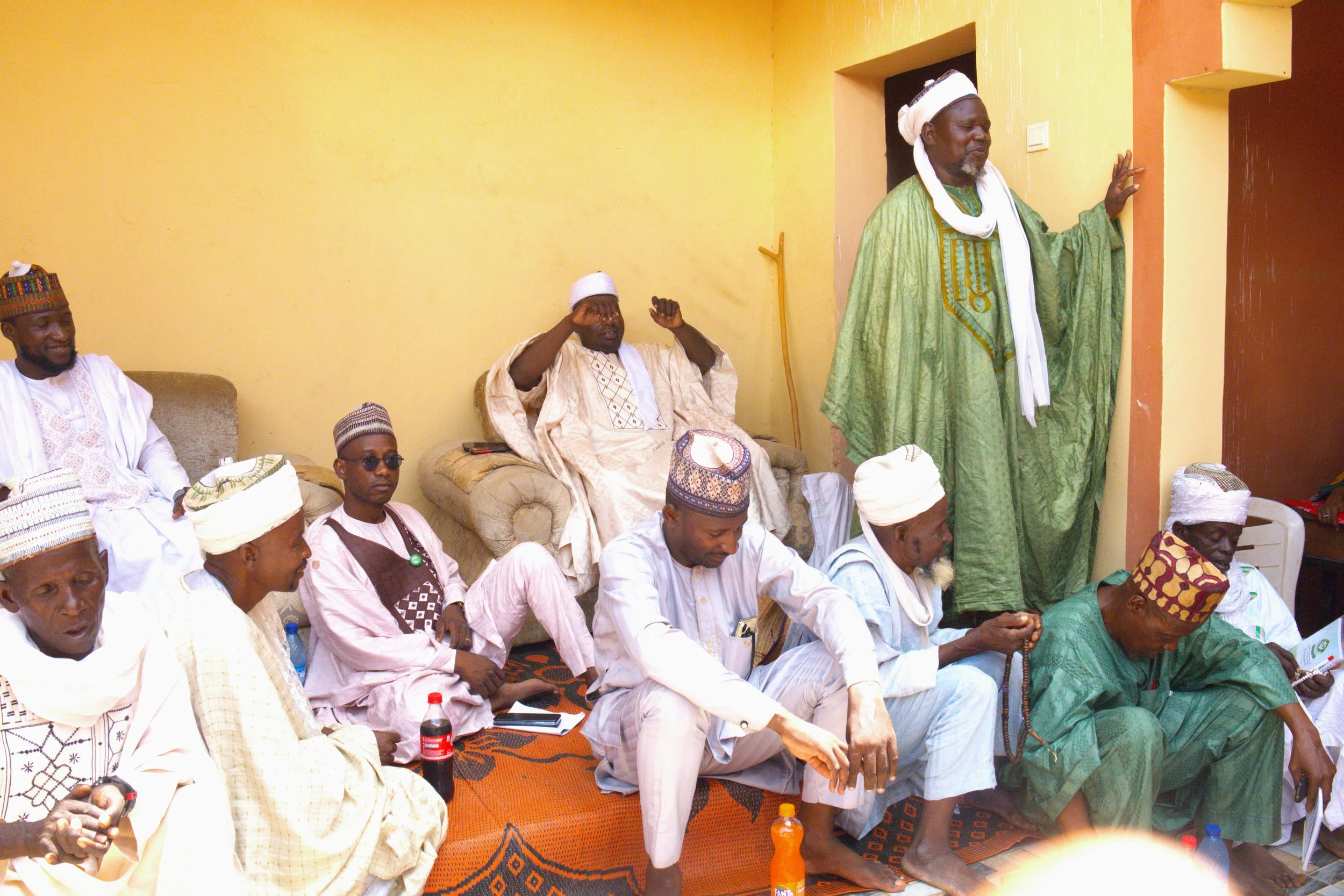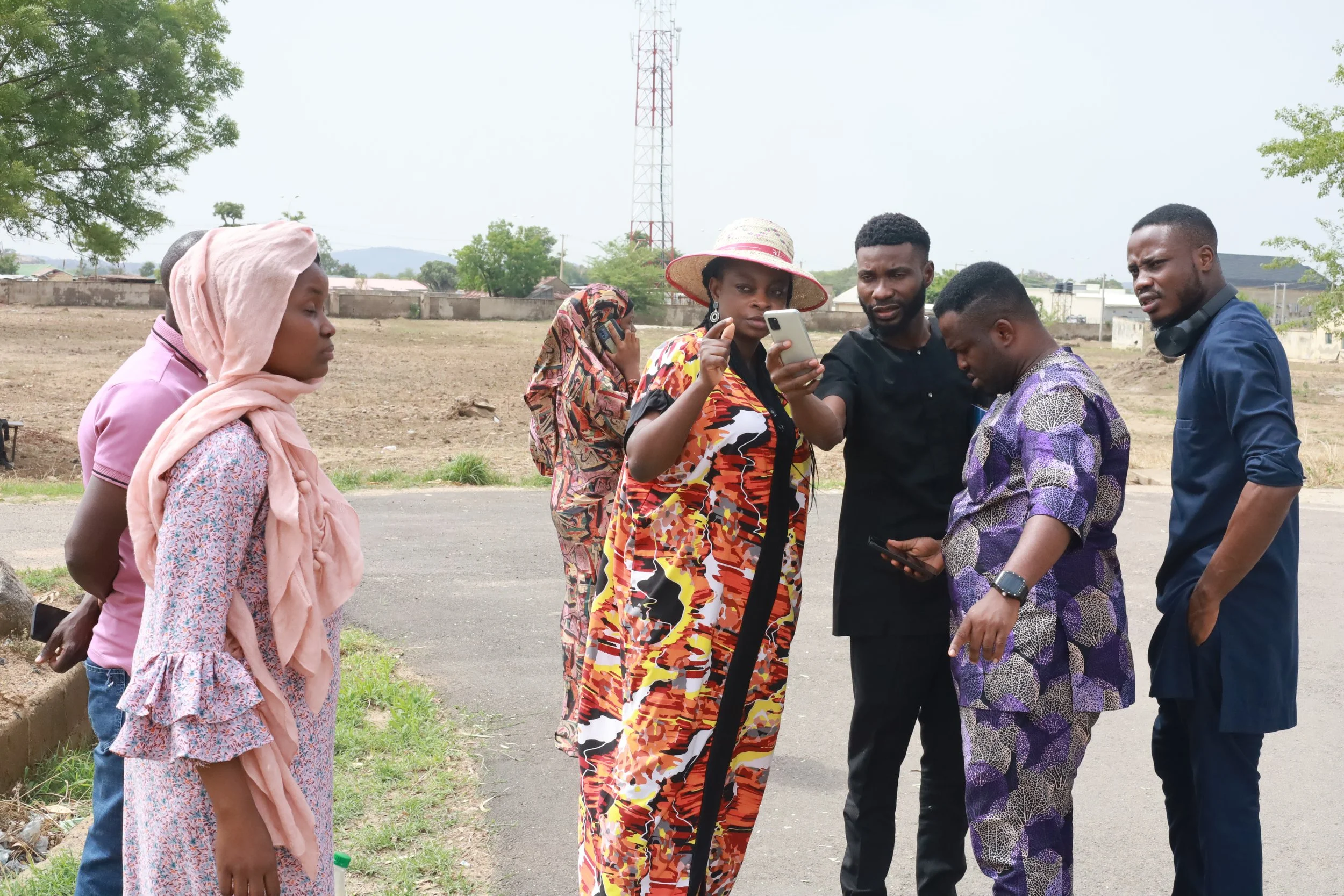By Elizabeth Okunlola
The ongoing digital revolution has given birth to innumerable changes in communication, collaboration, knowledge sharing, and innovation. Technology is now a way of life, and certainly the United Nations’ Sustainable Development Goals cannot be achieved without technology.
Technology has become a major driver for growth and development. It allows one individual to execute a task meant for 10 in an efficient and cost-effective manner. However, it comes with its own challenges, especially in the areas of access, adoption, and application. eHealth Africa (eHA) is committed to bridging the digital divide by promoting digital inclusion through her health intervention programs for vulnerable communities across Africa.
eHA implements interventions that not only improve the work performance of health workers but also their digital skills with new trends and technology that prepare them for today and the future. While creating solutions, workers are educated on new and emerging technologies that create opportunities and make them more efficient in their jobs. Several technology-driven projects like AVADAR, eIDSR, Kano Connect, et al., provide digital opportunities for health workers even at the last-mile to be relevant in this digital age. These projects address issues surrounding free access to technologies as eHA, through donors and support from implementing partners, provides hardware, software, high-speed internet connectivity, and access to a range of relevant work content.
Our programs and projects provide digital literacy services that assist health workers to navigate, understand, and evaluate their work through consistent training. They also promote collaboration and communication by leveraging new media tools and encouraging self-exploration; making it possible for workers to explore digital resources on their own.
The Kano Connect project, for instance, has promoted digital inclusion by creating access to, adoption, and application of technology for work. To engender access, the Kano Connect project provided 1,416 phones and 100 free SMS within a Closed User Group (CUG). It also provided a zero-rated data access (250mb) for job related data-driven applications on the Kano Connect infrastructure. In the area of adoption, the project provided digital literacy services for health workers - 1,416 health workers were trained across all levels (State, Zone, and LGA) in the Kano State Primary Health Care Management Board (KSPHCMB).
At eHA, we work on solving big problems. We believe in the power of technology to make a transformational difference in health systems, and we know that when we do high-quality work, we have the opportunity to change lives in the communities we impact. Sign-up for our newsletter today and get all the latest information on what's happening at eHA.







